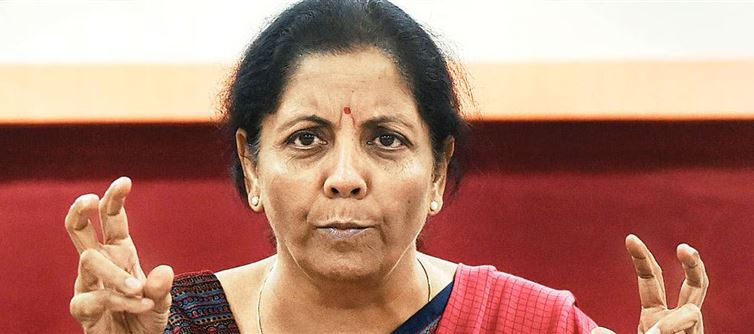
At a time when public healthcare is inadequate and private hospitals are unaffordable for the average Indian, health insurance should be encouraged, not penalized. Making health insurance tax-free would not only offer financial relief to the middle class but also reduce the overall burden on the state’s healthcare infrastructure. It's unjust that people are taxed for protecting their families against medical emergencies while those who buy luxury goods enjoy subsidized indulgence. The current policy structure effectively punishes responsibility while rewarding extravagance. Healthcare is not a luxury—it's a necessity that should be protected, not taxed.
Furthermore, high taxation on life-saving goods and services highlights a deeper ethical crisis. As the quote rightly puts it, “No one would risk letting a mediocre person who scored 30% become a doctor”—because the stakes are life and death. Yet, we continue to treat healthcare as just another industry, rather than a fundamental right. Instead of taxing essential services to raise revenue for a bloated system that subsidizes luxury consumption, the government must reassess its priorities. The GST framework needs reform that reflects the values of a just society: prioritize wellness over wealth, and people over profit.




 click and follow Indiaherald WhatsApp channel
click and follow Indiaherald WhatsApp channel